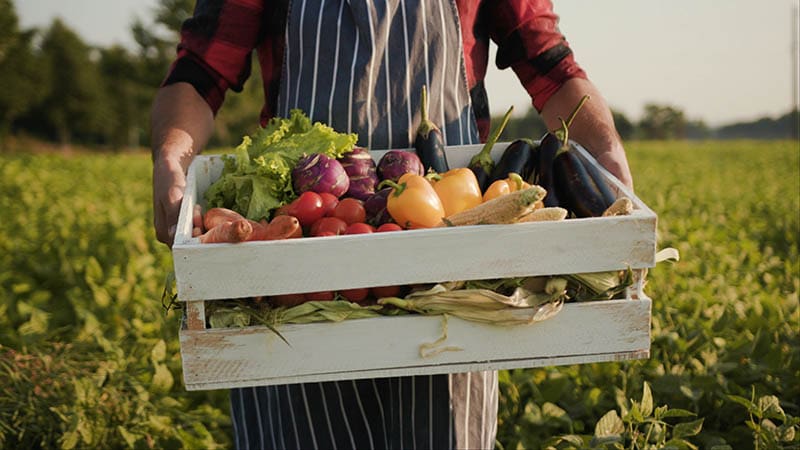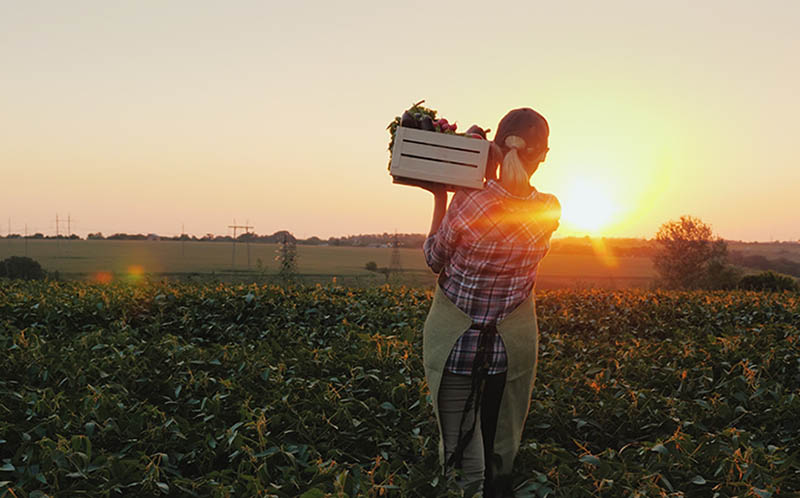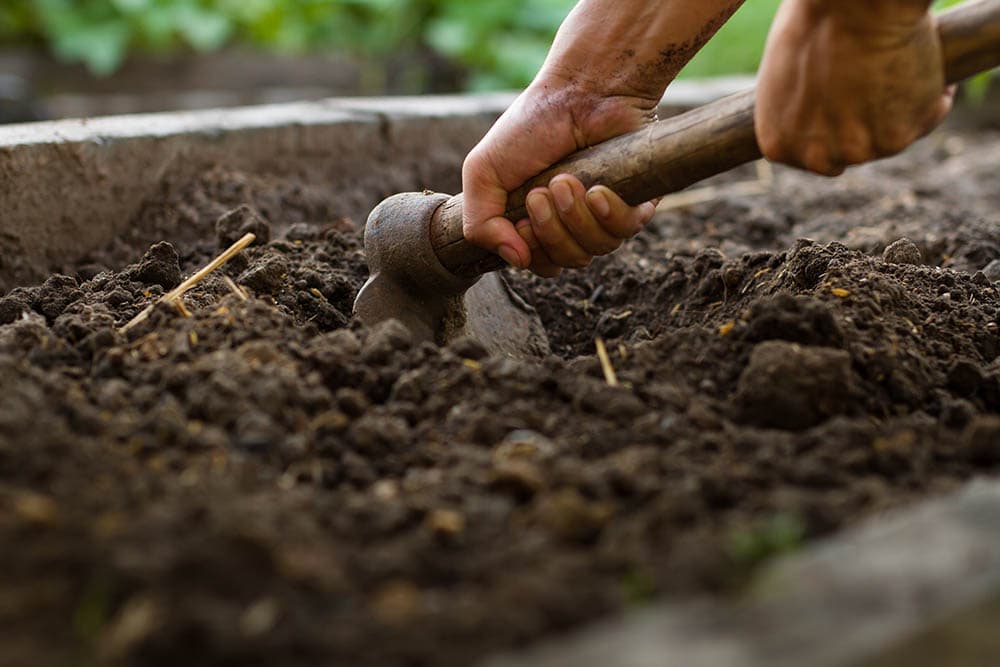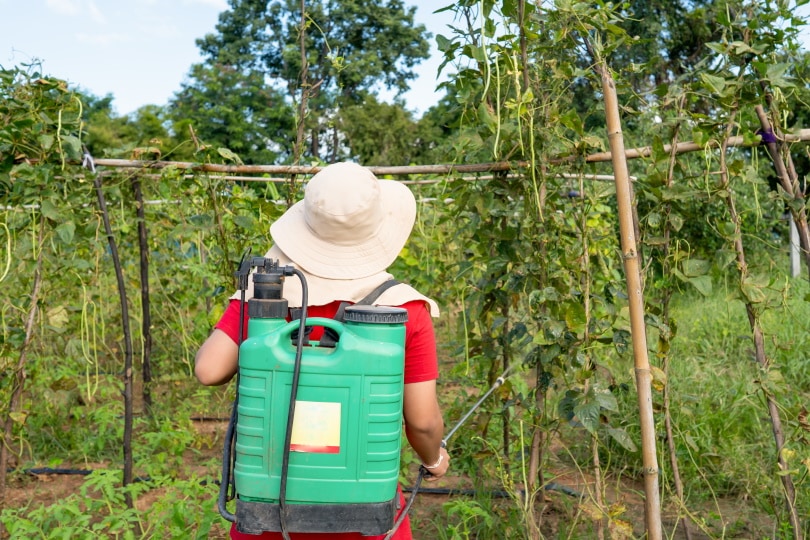Why Organic Farming Is Better than Traditional Farming: 6 Reasons
-
Codee Chessher
- Last updated:

The push for organic farming techniques in the era of globalization has been more successful than anyone could have imagined. By utilizing age-old techniques like crop rotation and various types of composting, organic farmers can produce delicious and pesticide-free produce.
Let’s check out some of the reasons why organic farming is better than traditional farming below.
What Is Organic Farming?
Organic farming can seem like a vague buzzword, but it generally applies to farms that don’t use synthetic pesticides or fertilizers. While many organic farms use some common techniques, they vary as widely as traditional farms. Every farm is different in some way. However, there are a few key techniques that organic farms tend to use. These include:
- Only using organically derived pesticides
- Crop rotation to reduce over-farmed soil and erosion
- Companion planting encourages biodiversity, yield, and taste, and helps the soil
- Introducing beneficial pollinators and predators to the farm increases biodiversity and boasts numerous benefits
The 6 Reasons Why Organic Farming Is Better than Traditional Farming
1. Smaller Carbon Footprint

You may have heard that organic farming is good for the environment, but what does that mean? Because organic farms don’t use artificial pesticides, they don’t contribute to greenhouse gas emissions, which are the biggest driving factor in manmade climate change.
Composting and techniques like crop rotation don’t contribute to greenhouse gasses either! Organic farming still uses conventional farm machinery fueled by gasoline and diesel, so it isn’t perfect. It’s a lot better than the alternative, though.
2. More Sustainable
Synthetic pesticides are time-consuming and difficult to produce, and it’s possible that the ingredients for them will run out in time. Compost is a sustainable alternative to fertilizer and the ingredients for it won’t ever run out—it’s just made of any rotting organic matter!
By introducing beneficial wildlife to crops, you can help protect produce from crops without harmful chemicals. Also of critical importance are soil and water, which we’re about to delve into further.
3. Less Impact on Soil

By rotating crops and not overusing the land, organic farms don’t get depleted of nutrients as easily as traditional farms. The use of compost to enrich the soil also improves the structure and reduces soil erosion, a dangerous threat for farmers.
Techniques like companion planting can be used to enhance and preserve soil quality too, by using nitrogen fixers and plants with complementary root systems.
4. Maintains Water Quality
It goes without saying that traditional farms pollute a lot of water, between the pesticides and fertilizers used. In particular, phosphorus and nitrogen-rich fertilizers can cause rapid algae growth in areas where fish live, which prevents fish from living there.
Other chemicals used in conventional farming can also leach into groundwater, like the infamous chemical Atrazine turning frogs hermaphroditic.
5. No Toxic Chemicals

This is just a win-win for everyone. Conventional farms claim that pesticides and fertilizers are the best way to increase production and that the byproducts are lamentable, yet acceptable.
Harm to local wildlife and water supplies can have disastrous effects on nearby habitats. Ecologically speaking, that can have a butterfly effect felt by places much farther away. By simply not using synthetic pesticides, organic farmers instantly solve a huge issue that conventional farms have.
6. Encourages Biodiversity
Synthetic pesticides and over-farming alike can discourage biodiversity and create a giant homogenous area where nothing lives. Organic farming techniques embrace local wildlife, using beneficial insects and companion planting to offset harmful pests. More bugs and animals mean more organic material for the soil, not to mention invaluable pollinators.
Conclusion
Organic farming may seem like a trend, but it’s here to stay. At its core, organic farming is centered around keeping farming natural. By taking advantage of nature’s many gifts, we can incorporate sustainable organic farming and preserve land better than regular farms.
Featured Image Credit: Nazar Kantora, Shutterstock
Contents

